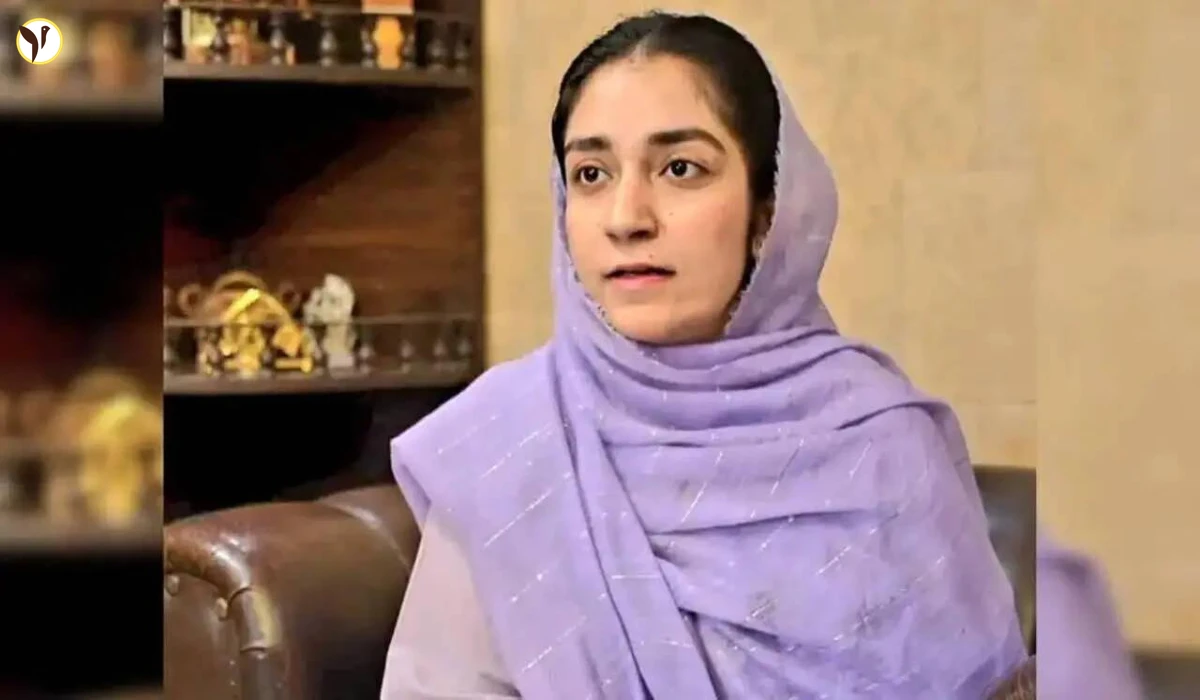Breaking Barriers: The 25-Year-Old Making History in Balochistan
Sometimes the most inspiring stories emerge from the most unexpected places. In Pakistan's conflict-ridden Balochistan province, a young woman named Kashish Chaudhary has just done something extraordinary – at just 25, she's become the first Hindu woman ever appointed as an Assistant Commissioner in the region. In a place where both women and religious minorities often struggle for representation, Kashish's achievement feels like a breath of fresh air, offering a new narrative alongside the region's complicated political realities.
What Does It Take to Make History?
Picture this: eight hours of studying. Every single day. For three years straight. That's what it took for Kashish, who comes from the small town of Noshki in Balochistan's Chagai district, to crack the notoriously difficult Balochistan Public Service Commission exam.
"It was hard," she admitted in a recent interview, her eyes reflecting both exhaustion and pride. "But whenever I felt like giving up, I'd remind myself why I started – I wanted to serve my community and show other girls from minorities that it's possible."
Her father, who runs a small trading business in their hometown, couldn't hide his emotion when talking about his daughter's achievement. "She always said she wanted to make a difference for women and for society," he shared, his voice catching slightly. "Now look at her – she's actually doing it."
From Small Town to Chief Minister's Office
How significant is Kashish's appointment? Significant enough that Balochistan Chief Minister Sarfaraz Bugti personally met with her and her father to congratulate them. During their meeting, he called her "a symbol of pride for the nation and for Balochistan" – high praise in a region where minorities often feel marginalized.
Kashish isn't taking this opportunity lightly. During her meeting with the Chief Minister, she emphasized her commitment to three main priorities: empowering women, supporting minorities, and contributing to Balochistan's development. Not small goals by any measure, but if her determination to pass the BPSC is any indication, you wouldn't want to bet against her.
She's not alone in breaking barriers, either. Kashish joins women like Manesh Ropeta, who became the first Hindu woman to serve as a Superintendent of Police in Karachi. Slowly but surely, these pioneering women are reshaping what's possible in Pakistan's public service.
The Complicated Reality of Balochistan
It would be impossible to tell Kashish's story honestly without acknowledging what's happening in Balochistan right now. Even as she takes office, social media is buzzing with calls for Balochistan's independence from Pakistan. Activists like Mir Yar Baloch have gone as far as declaring a "Republic of Balochistan" and are actively seeking recognition from India and the United Nations.
Why such extreme measures? The situation stems from decades of grievances – many Baloch people feel the Pakistani government has marginalized them, exploited their resources, and committed human rights abuses. Add India's apparent interest in the situation (which Pakistan views with deep suspicion), and you've got a political powder keg.
Against this tense backdrop, Kashish's story feels even more remarkable. While political movements grab headlines, she's quietly getting to work, focusing on practical improvements rather than political declarations.
What One Person Can Actually Change
It's easy to be cynical about how much difference one person can make, especially in a place facing challenges as complex as Balochistan's. But sometimes individual stories matter precisely because they cut through that cynicism.
When a young Hindu woman from a small town can rise through merit to become an Assistant Commissioner, it changes something fundamental. It changes what young girls in Balochistan believe is possible. It changes how minorities see their place in society. And perhaps most importantly, it changes the narrative about what Balochistan is and could be.
Will Kashish single-handedly solve all of Balochistan's problems? Of course not. But in a place where hope can sometimes feel in short supply, her journey matters. It reminds us that even in the most challenging circumstances, determined individuals can still break through barriers – and maybe, just maybe, begin to change the system from within.









